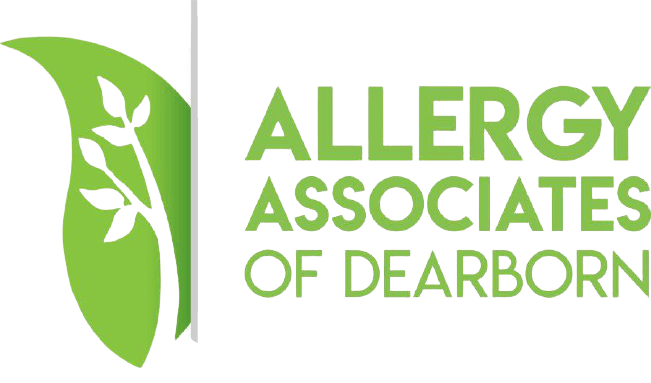
Allergy Associates of Dearborn
Roula H. Daher, M.D.
Allergist located in Dearborn, MI
Eczema is often intensely itchy. This is a challenge, especially for children, because scratching causes further skin damage and worsens the condition. At Allergy Associates Dearborn, Roula Daher, MD, understands the discomfort and helps you find relief with medical treatments and self-care remedies that soothe your skin. If you or your child need care for eczema, call the office in Dearborn, Michigan, or schedule an appointment online.
Eczema Q & A
What is eczema?
Eczema and atopic dermatitis are often used to mean the same condition. However, eczema is a broad term that includes a group of inflammatory skin conditions.
Atopic dermatitis is one of the most common types of eczema. Other forms of eczema include contact dermatitis, seborrheic dermatitis, dyshidrotic eczema, and nummular eczema.
What symptoms develop due to eczema?
All types of eczema cause red, itchy skin. Otherwise, the symptoms depend on the type of eczema. You may have scaly skin, a bumpy rash, small blisters, red and swollen skin, or open sores that ooze and crust over. When eczema appears on your scalp, it often causes yellow crusty flakes or patches of oily and swollen skin.
The symptoms of atopic dermatitis often appear in early childhood, but they can develop for the first time in adults. Nearly half of all children outgrow their symptoms or have significant improvement, but the rest continue to suffer from the condition throughout adulthood.
Atopic dermatitis also goes through cycles. You’ll have a period of symptoms, followed by remission that lasts until a trigger causes another flare-up.
What triggers eczema flare-ups?
Eczema symptoms flare-up when you’re exposed to substances that activate a skin reaction. The triggers are different for each patient, but some of the most common include:
- Skin irritants, such as soaps and skin care products
- Allergens, such as pollen, pet dander, and dust
- Environmental triggers, such as heat, cigarette smoke, and high or low humidity
In infants and children, symptoms may flare-up in response to a food allergy.
How is eczema treated?
To effectively relieve your symptoms and prevent future outbreaks, eczema treatment includes:
Proper skin care
You’ll need to frequently apply a moisturizer that restores and maintains your natural skin barrier. You’ll also need to choose gentle skin care products, avoiding those that are too harsh or that contain ingredients that may trigger a flare-up. Dr. Daher helps you find moisturizer and cleansing products that work for your skin.
Identifying and avoiding triggers
After strengthening the skin barrier, avoiding triggers is the next best way to prevent flare-ups.
Needed medication
Dr. Daher may prescribe a topical medication to treat itching and inflammation or repair your skin. Depending on the severity of your symptoms, you may need oral medications to reduce inflammation. If allergies are a trigger, Dr. Daher may recommend allergy shots.
If you develop a skin rash that’s itchy and slow to heal, call Allergy Associates Dearborn or book an appointment online.

